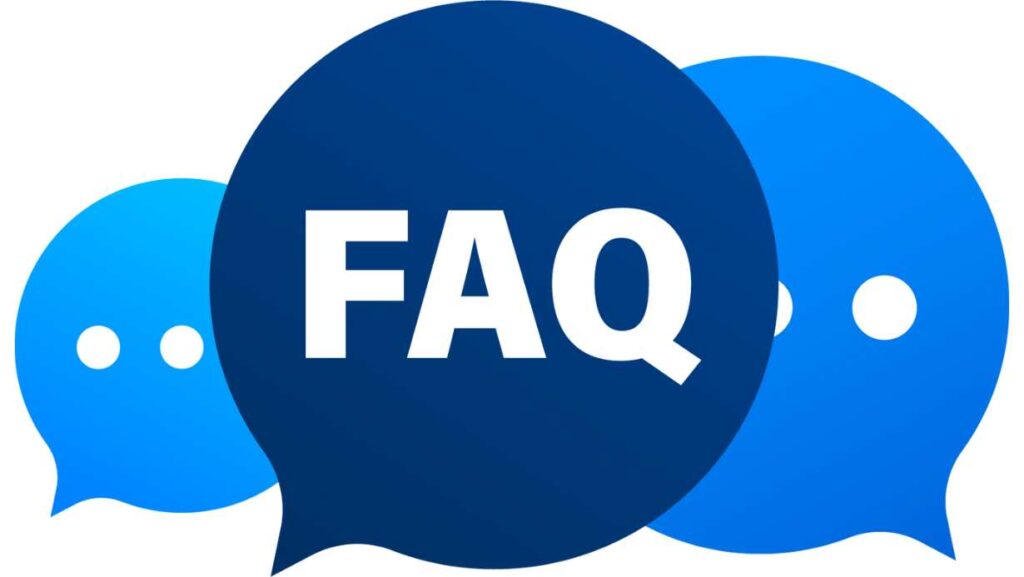Staying compliant with NERC-CIP standards is a crucial yet complex endeavor for businesses in the utility industry. When the high-stakes audit arrives, organizations must demonstrate adherence to reliability standards for critical infrastructure protection or face steep penalties. Proper planning and execution are key to sailing through the audit smoothly.
This blog provides actionable tips and best practices for NERC-CIP compliance, evidence gathering, mock interviews, and collaborating with auditors. Follow this guide for tips to ace your next NERC-CIP audits.
The Significance of Reliability Standard Audit Worksheets (RSAWs)
RSAWs serve a vital role in proving NERC-CIP compliance by allowing businesses to narrate their adherence journey. Though RSAWs say that it’s accurate and complete readiness for the audit performance.
Maintaining NERC-CIP compliance is a standard yet challenging task for businesses in the utility industry. When the high amount of audit arrives, the organization must show adherence to nerc cips standards or risk facing severe penalties. Proper delegation plan and execution play a vital key to performing the audit smoothly.
Best Practices for Completing RSAWs
Start early: By giving yourself enough time to acquire information and fill out complete RSAWs Audit worksheets accurately. Rushing in filling details might end up in valuable mistakes and loss for the organization.
Automate where possible: Automation tools like spreadsheet software can populate RSAWs more efficiently than manual efforts.
Review rigorously: Have multiple team members cross-check completed RSAWs for errors.
An RSAW is how businesses prove to auditors that they are compliant with a requirement by describing in narrative form how they’ve accomplished the control in question. Without automation tools, generating evidence can be time-consuming and error-prone, often involving manual processes like taking screenshots or writing scripts to pull information.
Tripwire
Filling out RSAWs meticulously lays the groundwork. Next, we explore the data requests that set the audit in motion.
Thorough Pre-Audit Data Collection Averts ‘Data Bomb’

The pre-audit data request, nicknamed the “data bomb,” is a crucial and extensive component of NERC-CIP audit preparation. Auditors require vast amounts of detailed data to assess a random sampling of assets and gain a comprehensive view of the organization’s compliance posture.
Businesses typically receive these expansive data requests around 90 days prior to the on-site audit. Information gathered may include policies, procedures, training records, inventory lists, system configurations, vulnerability scan reports, and more. For large organizations, this can encompass terabytes of data.
Manually gathering and compiling this info is tremendously burdensome. Automated data collection using compliance management platforms is essential to efficiently handle data requests.
Dos and Don’ts for Pre-Audit Data Collection
Things to know before collecting the details and information to do an audit. These are do’s and don’t before the audit data collection happened:
Do’s:
- Automate retrieval: Automated data gathering minimizes manual efforts.
- Verify completeness: Double-check that all data requested has been collected.
- Masking: Cover sensitive data like IP addresses.
Don’t:
- Wait until the last minute: Starting late risks incomplete or inaccurate data collection.
- Submit unverified data: Always validate data before sending it to prevent misinformation.
- Share without consent: Only provide requested data to avoid compliance issues.
“The audit cycle for CIP is every three years with RSAWs submitted annually. Ninety days prior to the audit, businesses receive pre-audit requests, which can include a massive data request for a random sampling of assets. These requests can be extensive and are often referred to as the “data bomb.” Manual retrieval of this information can be resource-intensive, even with meticulous records.”
Tripwire
Thorough data gathering sets the stage. Next, we explore preparing for auditor interviews through mock simulations.
Conduct Mock Interviews to Hone Responses
Mock interviews let personnel practice answering likely auditor questions, honing responses in a low-pressure setting.
Tips for Effective Mock Interviews
- Identify participants: Include personnel of all levels who may interface with auditors.
- Develop scenarios: Craft questions auditors may ask about responsibilities, processes, compliance, etc.
- Practice think-on-your-feet responses: Encourage responding conversationally without scripts.
- Provide feedback: Constructive feedback helps improve forthcoming real responses.
- Address knowledge gaps: Use mock interviews to highlight areas needing more training.
- Record and review: Video recordings help assess body language and tone.
- Mock interviews ready businesses to present evidence effectively to auditors.
Evidence Presentation Demonstrates Compliance
Presenting well-prepared, aligned evidence demonstrates adherence to NERC-CIP standards.
Presenting Evidence Effectively
- Organize meticulously: Structure evidence in a logical sequence that maps to standards.
- Highlight key details: Call attention to crucial points with formatting like bolding.
- Use visual aids: Charts, graphs, and diagrams help convey complex info clearly.
- Be concise: Avoid excessive wordiness and focus on quality over quantity.
- Encourage interaction: Invite auditor feedback and questions during the presentation.
- Clarify upon request: Be ready to elaborate or provide additional evidence if needed.
Aligning evidence with NERC-CIP requirements proves compliance readiness. Next, we’ll explore the auditor’s perspective.
Adopting the Auditor’s Mindset
To smoothly collaborate with auditors, it’s crucial to understand their key goals and objectives. Auditors aim to thoroughly assess the effectiveness of compliance policies and controls, not just check boxes on forms.
Their core focus is evaluating whether programs are robust, diligently followed, and deeply understood across the organization. They seek evidence that compliance is pervasive in operations and culture, not just a paper exercise. Auditors aim to thoroughly assess compliance program effectiveness, not just check boxes. Collaborating with this mindset facilitates smooth audits.
Working With Auditors’ Objectives
- Demonstrate rigor: Show program policies are stringent and diligently followed.
- Prove consistency: Evidence should show controls are applied uniformly over time.
- Illustrate comprehension: Personnel should exhibit a clear understanding of their duties.
- Welcome scrutiny: View audits as opportunities to highlight program maturity.
- Volunteer information: Freely offer details beyond direct responses to build trust.
- Ask clarifying questions: Seek guidance if you don’t understand a request.
With the auditor’s lens in focus, let’s move to actionable audit prep steps.
6 Steps for NERC-CIP Audit Prep Success
Follow these actions for a streamlined audit experience:
- Schedule prep timelines accounting for RSAW completion, data gathering, mock interviews, etc.
- Gather and organize evidence to demonstrate compliance with all applicable standards.
- Confirm personnel availability for auditor meetings during the on-site assessment.
- Perform mock interviews to hone responses to likely questions.
- Review the audit agenda to ensure all personnel and evidence will be readily available.
- Conduct post-audit debriefs to highlight improvement areas for next time.
Failing an audit can lead to fines of up to $1 million per violation daily. However, taking diligent, proactive preparation steps significantly reduces compliance risks. The final piece of the puzzle is ongoing security awareness and monitoring.
Bolster Security Awareness and Logging for Sustained Compliance
Robust security and compliance require more than just prepping for periodic audits.
Year-Round Best Practices
- Security awareness training: Conduct regular training to maintain vigilance.
- Access controls: Consistently review and validate system access.
- Change management: Follow change control processes meticulously.
- Log analysis: Routinely audit logs for anomalies indicating breaches.
- Policy review: Regularly update policies to meet evolving standards.
- Internal audits: Periodically audit yourself to identify and address gaps.
Frequently Asked Questions

What documents will an auditor typically request?
Auditors commonly request policies, procedures, training records, system logs, change management forms, access reviews, vulnerability scans, inventory lists, and remediation evidence.
How does the audit assess tools, processes, and training?
Auditors evaluate whether critical tools are properly maintained, processes are stringently followed, and personnel are adequately trained on their responsibilities. Evidence must support assertions.
What are the consequences of failed audits?
Failed audits can prompt fines of up to $1 million per violation per day until compliance is demonstrated. Significant violations can also lead to criminal charges.
Final Thoughts
A NERC-CIP audit assesses the rigor of critical infrastructure compliance programs. While audits can feel intimidating, proper preparation using the tips in this guide significantly eases the process. Document diligently, collaborate with auditors, conduct mock interviews, present aligned evidence, and maintain year-round security best practices. With meticulous preparation and execution, your next NERC-CIP audit can be a success.
See Also: Streamlining Operations: The Role of Data Observability Technology In Business Growth










